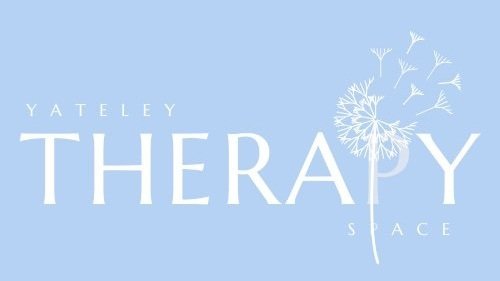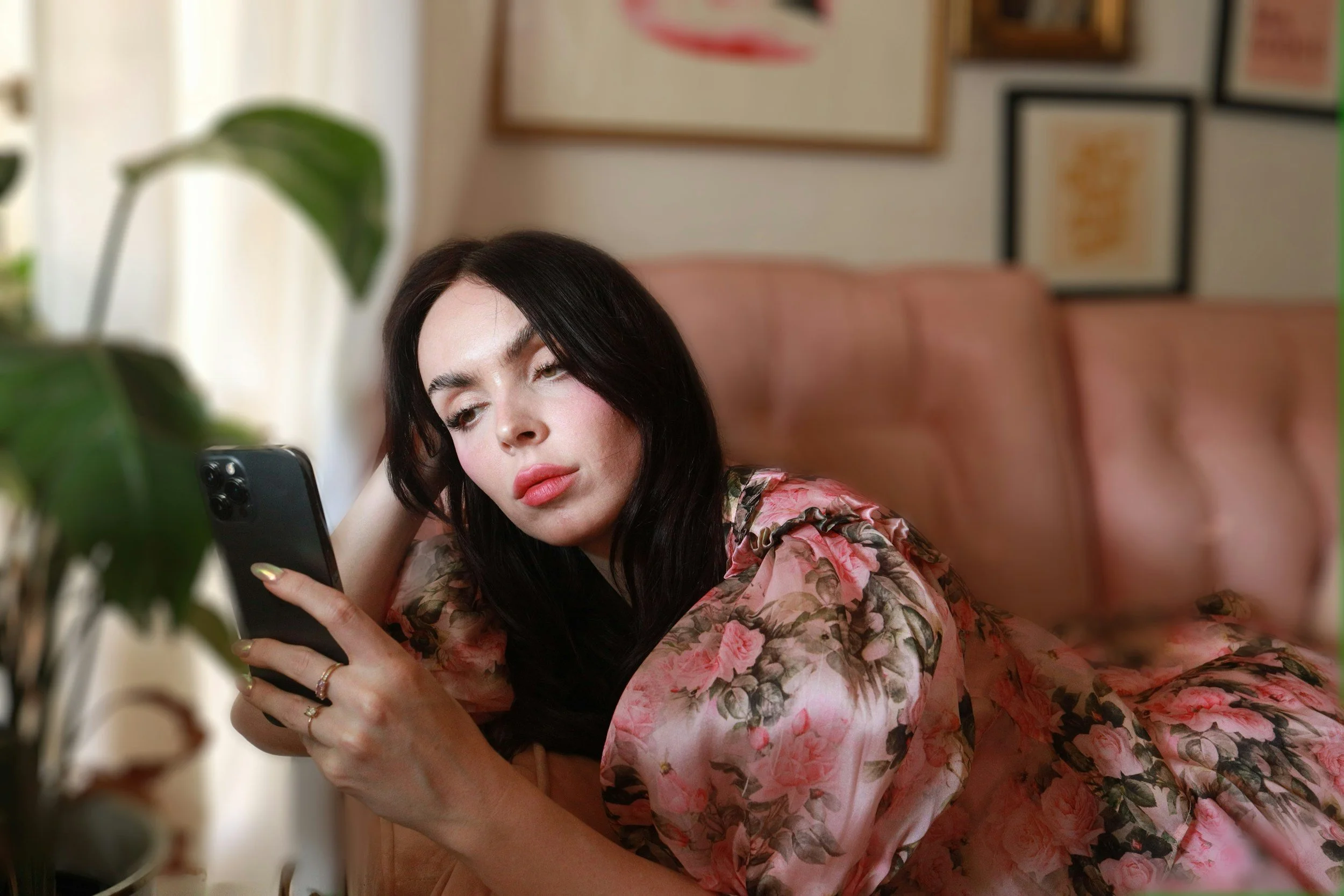Anxiety and ADHD - Finding strength in both
A
For many people, living with anxiety is a daily challenge. Add ADHD (Attention Deficit Hyperactivity Disorder) into the mix, and life can feel even more overwhelming. These two conditions often overlap, and understanding how they connect can make a huge difference in finding the right support.
What is Anxiety?
Anxiety is a natural reaction of the body but it is more than just worry. It’s a heightened state of alert that can affect your body, thoughts, and emotions. It is an all body experience. You might notice racing thoughts, restlessness, difficulty sleeping, or even physical symptoms like tension, a tight chest, or digestive issues. Anxiety can be triggered by stressful situations, but for some it becomes a constant companion that affects all areas of life. Being on constant alert and never being able to relax can lead to increased cortisol levels and muscle stiffness and long-term health conditions. Anxiety is real and coupled with another condition or disorder can be even more challenging to manage. Integrative therapy is most suitable to address anxiety that occurs in combination with something else including ADHD.
What is ADHD?
ADHD is a neurodevelopmental condition that impacts focus, organisation, impulse control, and emotional regulation. It’s not just about being “easily distracted” — it can affect how you manage time, complete tasks, handle relationships, and maintain self-esteem.
Maybe you have been diagnosed a long tie ago or you just know you have ADHD. Many adults with ADHD go undiagnosed until later in life, often when struggles at work or in relationships bring things to light. A diagnosis can be helpful and understanding how ADHD shows up for you is also important. The latter can help to manage ADHD more effectively. Integrative therapy supports exploration of individual ADHD.
For more on ADHD, you may find these resources helpful:
UK Government – SEND & ADHD guidance
ADHD Foundation (UK charity)
ADDISS – National ADHD Information Service
How Anxiety and ADHD Connect
ADHD and anxiety often exist together. But the relationship isn’t straightforward — it can go both ways:
ADHD leading to anxiety: If you have ADHD, difficulties with organisation, memory, or focus can cause stress in school, work, or relationships. Over time, the pressure of “always trying to catch up” can lead to anxiety.
Anxiety masking ADHD: Some people first seek help for anxiety, only later to be diagnosed with ADHD. This can be a relief but also bring new worries about what the diagnosis means for their future.
A reinforcing cycle: Anxiety can make ADHD symptoms worse (for example, overthinking may make it harder to focus), while ADHD challenges can heighten anxiety (missed deadlines, forgetfulness, or self-criticism).
This cycle can feel exhausting — leaving many people feeling stuck, misunderstood, or like they’re constantly battling themselves.
Why This Combination Feels So Challenging
Overwhelm: Racing thoughts meet distractibility, creating a sense of chaos.
Self-esteem issues: Repeated struggles may cause feelings of failure or not being “good enough.”
Uncertainty at work or school: Fear of forgetting, underperforming, or being judged adds pressure.
Emotional toll: Juggling two conditions often leaves people drained, frustrated, or isolated.
How Therapy Can Help
There’s no “one size fits all” approach, but many people benefit from therapy that is integrative, flexible, and compassionate. At Yateley Therapy Space, I often combine:
Psychotherapy – to explore the patterns, challenges, and strengths in your story.
Hypnotherapy – to help ease anxiety, calm the mind, and build new habits at a subconscious level.
Mindfulness – to create space, reduce overwhelm, and reconnect with the present moment.
An integrative approach – blending methods to fit your unique needs, rather than forcing you into one framework.
Finding Strength in Both
It’s important to remember that neither anxiety nor ADHD defines who you are. In fact, through therapy you can begin to recognise the strengths that often come alongside these challenges — creativity, sensitivity, problem-solving skills, determination, and resilience.
When we shift from seeing ADHD and anxiety only as “problems” to understanding them as part of a wider picture of who you are, it becomes easier to work with them instead of against them. Therapy provides a safe space to build strategies, nurture self-compassion, and discover how to channel your unique qualities into areas of growth.
Moving Forward
If you recognise yourself in this, know that you’re not alone. Many people discover the link between anxiety and ADHD later in life, and with the right support, it’s possible to break free from the cycle of stress and overwhelm.
You don’t have to manage this on your own — therapy can help you find balance, clarity, and even strength in the challenges.
Contact me at Yateley Therapy Space to explore how an integrative approach could support you.
✨ Next in the series: exploring anxiety and autism, and how the two interact in everyday life.

